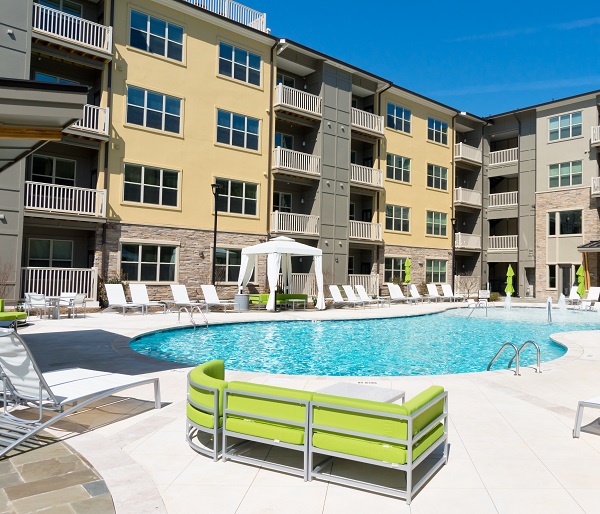
In most commercial leases, common area maintenance (CAM) charges constitute a significant portion of the lessee’s financial costs. CAM charges range considerably from one lease to another. CAM expenses are usually tacked on to base rent as additional rent. It is ideal to negotiate these expenses when the lease is executed between the parties to prevent the landlord from adding on these expenses as the lease progresses.
Some of the CAM charges that tenants should be careful to negotiate are administrative fees, maintenance, capital improvements, plumbing and electrical. Some of these items are typically considered landlord expenses while other items can be categorized as capital expenditures. Due to the considerable costs of these maintenance services, the tenant should take several steps to ensure that he is not presumed to be wholly responsible for these expenses.
Determine costs. Tenants may be successful in obtaining a cap on increases for CAM on a yearly basis or agreeing to a fixed fee for each year over the life of the lease term. Landlords generally prefer a cumulative cap, whereas tenants prefer a non-cumulative cap, which prevents the landlord from collecting unused increases from previous years. If these methods are not available, the tenant may simply bargain with the landlord to carve out specific exclusions from the CAM fees.
Reconciliation of charges. Some commercial leases require the tenant to pay a monthly estimate for CAM expenses based on the landlord’s projections of the cost of CAM items over the course of the year. The lease, in this scenario, would require costs to be reconciled at the end of the year so the tenant is compensated for any potential overcharges. However, in many cases, the reconciliation fails to occur. Tenants should ensure that costs are settled as provided under the lease.
Review CAM lease provisions. Commercial tenants should carefully review which items are listed in the lease as CAM expenses. It can be beneficial to consult outside experts to assess whether the CAM expenses that are identified as the tenant’s responsibility are customary, and whether any suspect charges have been assessed.
Examine books and records. Tenants should include a provision in the lease entitling them to reasonable rights to review the landlord’s book to confirm that CAM charges have been accurately assessed and that the landlord has properly recorded the terms that address CAM charges.
Contact Shane Coons at 949-333-0900 or visit his website at www.ShaneCoonsLaw.com to find out more about his practice.
